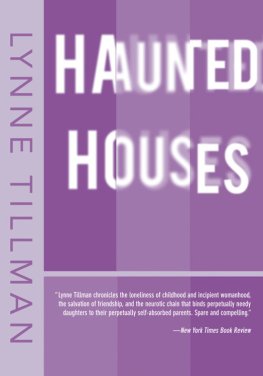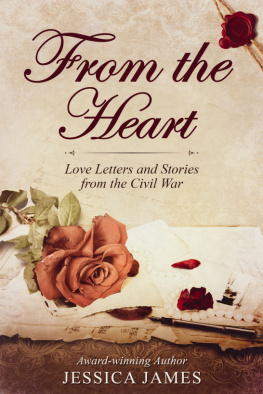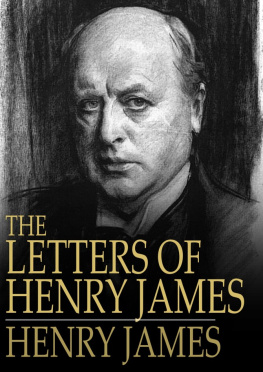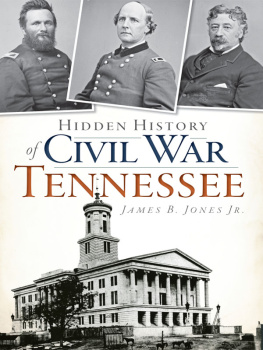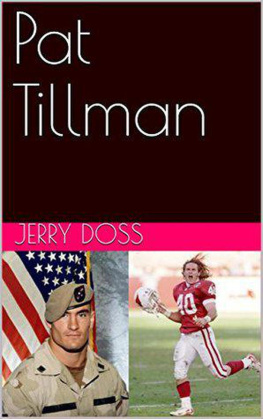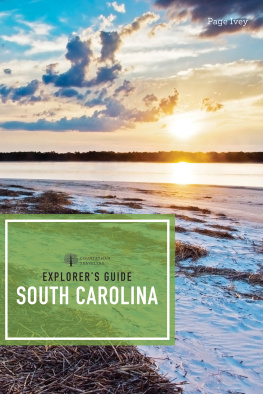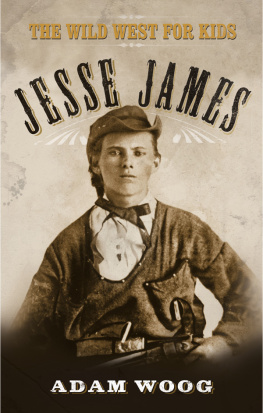
2010 Bobbie Swearingen Smith
Cloth edition published by the University of South Carolina Press, 2010
Ebook edition published in Columbia, South Carolina, by the University of South Carolina Press, 2013
www.sc.edu/uscpress
22 21 20 19 18 17 16 15 14 13 10 9 8 7 6 5 4 3 2 1
The Library of Congress has cataloged the cloth edition as follows:
Tillman, James Adams, 18421866.
A Palmetto boy : Civil Warera diaries and letters of James Adams Tillman / edited by Bobbie Swearingen Smith.
p. cm.
Includes bibliographical references and index.
ISBN 978-1-57003-905-8 (cloth : alk. paper)
1. Tillman, James Adams, 18421866Diaries. 2. Tillman, James Adams, 18421866Correspondence. 3. Confederate States of America. Army. South Carolina Infantry Regiment, 24th. Company I. 4. SoldiersSouth CarolinaDiaries. 5. SoldiersSouth CarolinaCorrespondence. 6. South CarolinaHistoryCivil War, 18611865Personal narratives. 7. South CarolinaHistoryCivil War, 18611865Regimental histories. 8. United StatesHistoryCivil War, 18611865Personal narratives, Confederate. 9. United StatesHistoryCivil War, 18611865Regimental histories. 10. Chester (S.C.)Biography. I. Smith, Bobbie Swearingen, 19312009. II. Title.
E577.524th .T55 2010
975.7'03092--dc22
[B]
2009051150
ISBN 978-1-61117-229-4 (ebook)
No matter a war's outcome, the soldier never wins.
Andrew Exum, This Man's Army
We should be careful
Of each other, we should be kind
While there is still time.
Philip Larkin, The Mower
Always look for the peaceful resolution.
Dorothy Williams Toney
Illustrations and Maps
ILLUSTRATIONS
MAPS
Acknowledgments
After ten years of research, this book has come to pass, but not without the help and resources of so many. Michael Kohl, the head of Special Collections at Clemson University Libraries, graciously welcomed my inquiries and often my presence. The libraries at the University of South Carolina were always open to me. The late Dr. George Terry, vice provost and the dean of libraries at the University of South Carolina, gave me encouragement at the beginning of the search for a publisher of James Tillman's work.
Alexander Moore and the University of South Carolina Press provided the greatest encouragement when they agreed to publish the work. The Hendersonville County Library in North Carolina was most helpful in providing research material. The United Daughters of the Confederacy, in preserving records of the War between the States, contributed to the authenticity of the document. Without the hard work of Natalia DeCoy, Cathryn Pridal, Ann Ready Smith, George Swearingen Smith, and Marion Judson Smith in preparing the manuscript, this book would have never reached your hands.
I am indeed indebted to Henry Tillman Snead, great-grandson of Senator Benjamin Ryan Tillman, who helped edit the body of this work, offered encouragement, and proffered information about and documents of the Tillman family of which I had no knowledge. I must also mention that without the desperation or/and insight of B. R. Tillman III and the gift of Peggy Kohn, these documents might have never been preserved.
The history of the state of South Carolina includes the names of many Tillmans and other members of our family. There has been much achievement in the family, much struggle, much violence, much love, much intelligence and/or lack thereof. The family tales and stories have not been used in this work.
I also thank friends and family who continued throughout the last ten years to give me constant encouragement to document this story. Their support was invaluable.
Introduction

I was reared in the backwoods of Edgefield, roaming the woods and lands I took for granted. It was only later in life that I began to unfold the history of my father's family and the ground that stood under my feet. As children we had roamed these woods, these fields, this terrain, waded in the streams of cold, clear water. The ruins of Chester, Highview Presbyterian Church, the family cemetery, the echoes from the Big Cut where the railroad had gone through, the creeks and forests surrounded us and offered mysteries and magic without divulging their historya history that we would have to search for if we ever became interested. Though my father's family lay in this land, I had never known my father nor had I known many of his people. We had been reared with Timor, our nurse who lived in a small residence in the backyard of the home of Anna Tillman Swearingen, my grandmother. Today the only residence that remains of that time and place is this home, now owned by my brother George Tillman Swearingen.
I had heard that there were papers of the family in the libraries of Clemson University and the University of South Carolina, and I began to search for the history of my grandmother and, of course, my father, people gone from my life long before I began to look around me and wonder what it all meant and from where I came. I found in the Clemson library much more than I had ever dreamed. In those faded papers lay the history of my family, and the more I dug, the more fascinating it became. There in black and white lay the structure of the slave culture and the history of the people whom I had never known and of a state about which I knew little.
The Tillman family came from England to Virginia first, in 1646, and settled up and down the inlands of that colony, before my branch became entrenched in Edgefield County, South Carolina, by the 1700s. The Tillman name is widely known in the state, the first state to leave the union, to divide the nation during the War between the States. This war was never referred to as the Civil War because, my family said, there was nothing civil about it. As a child, when the tales of the war began, I lit out for the pleasures of fields and streams and only now regret having missed the history being handed down from generation to generation. As I began to search for my grandmother's will, I found treasure abounding in those faded pages, and so I hand them to you to read.
James Adams Tillman was born in Edgefield County in 1842 at Chester, the homeplace of the Tillman family. His father died from typhoid fever when James was seven, and four of James's brothers died before the account contained herein begins, leaving him with three sisters and two brothers. The Tillman children were educated at home by a tutor, Harriet Arthur, the sister of President Chester Arthur, and later in George Galphin's school at Liberty Hill. Their father was a Universalist and their mother a Presbyterian, and they built a church adjacent to Chester. The family operated an inn, and as the plantation lay between Edgefield and Hamburg, this added many people to their daily lives. Their foodstuffs were raised on the land by the labor of more than eighty slaves, among them Peter, who traveled with James throughout the War between the States, and Timor, whose descendant of the same name served our family through the years of my adolescence. Many of the descendants of the slaves still reside in Edgefield county.


